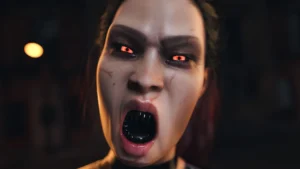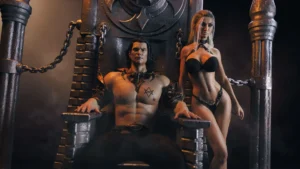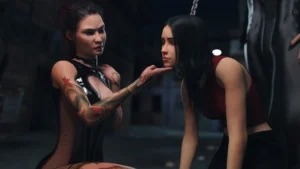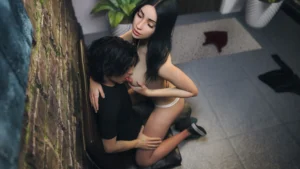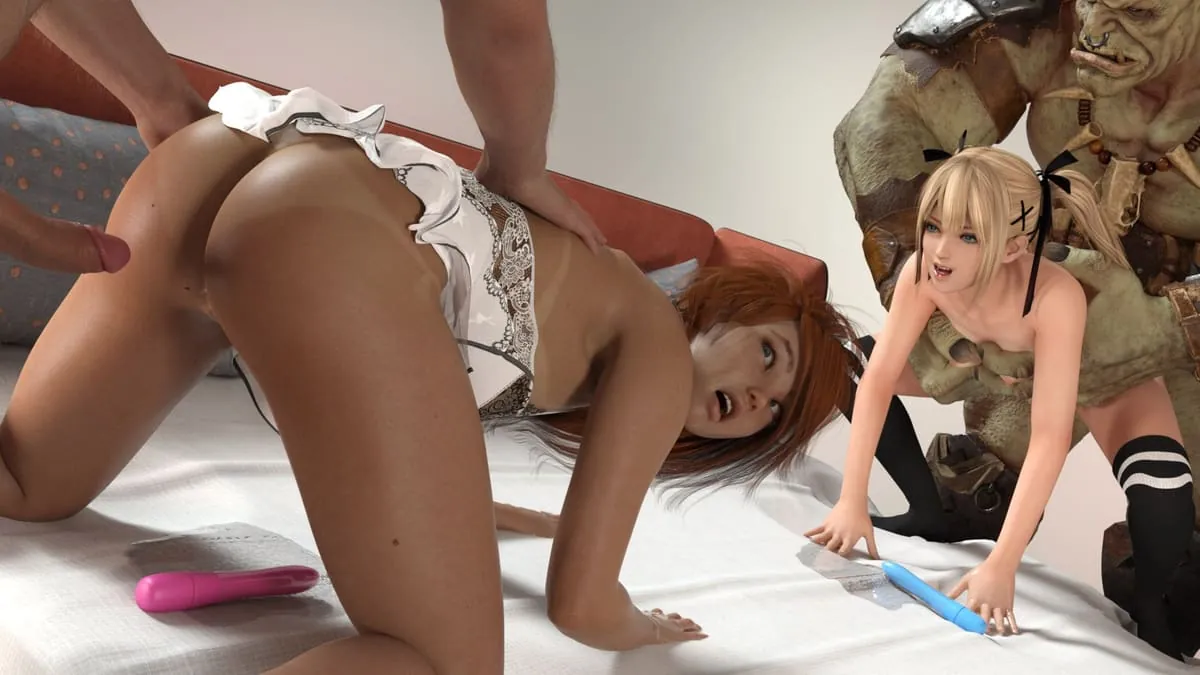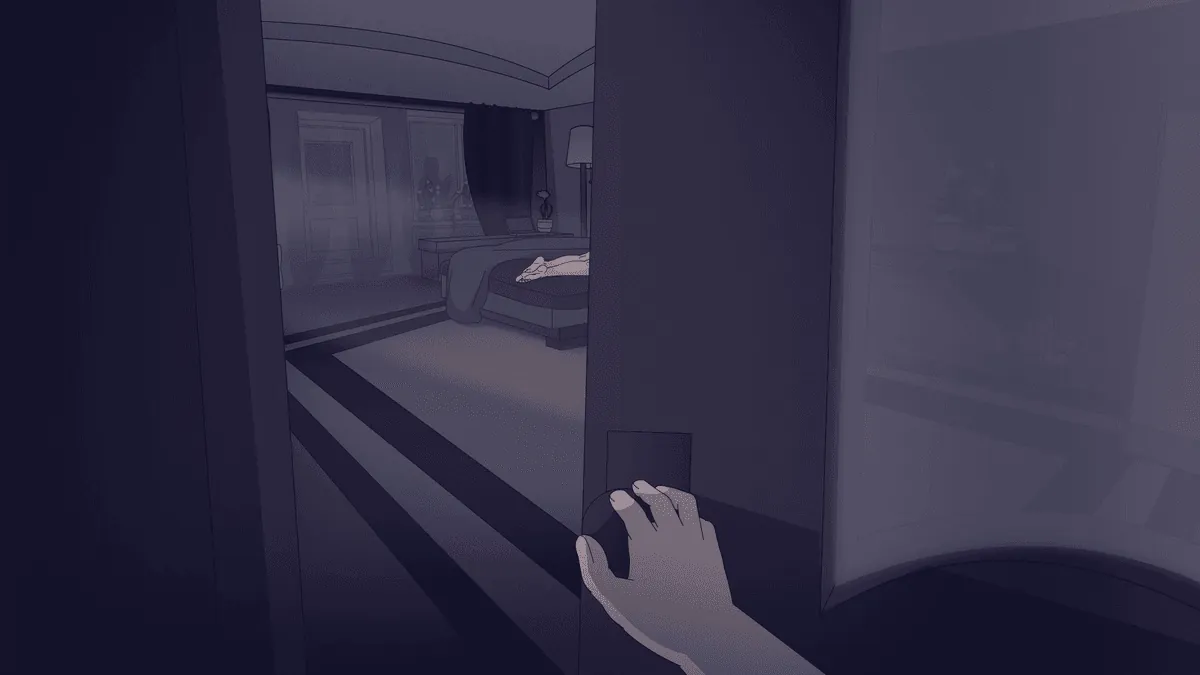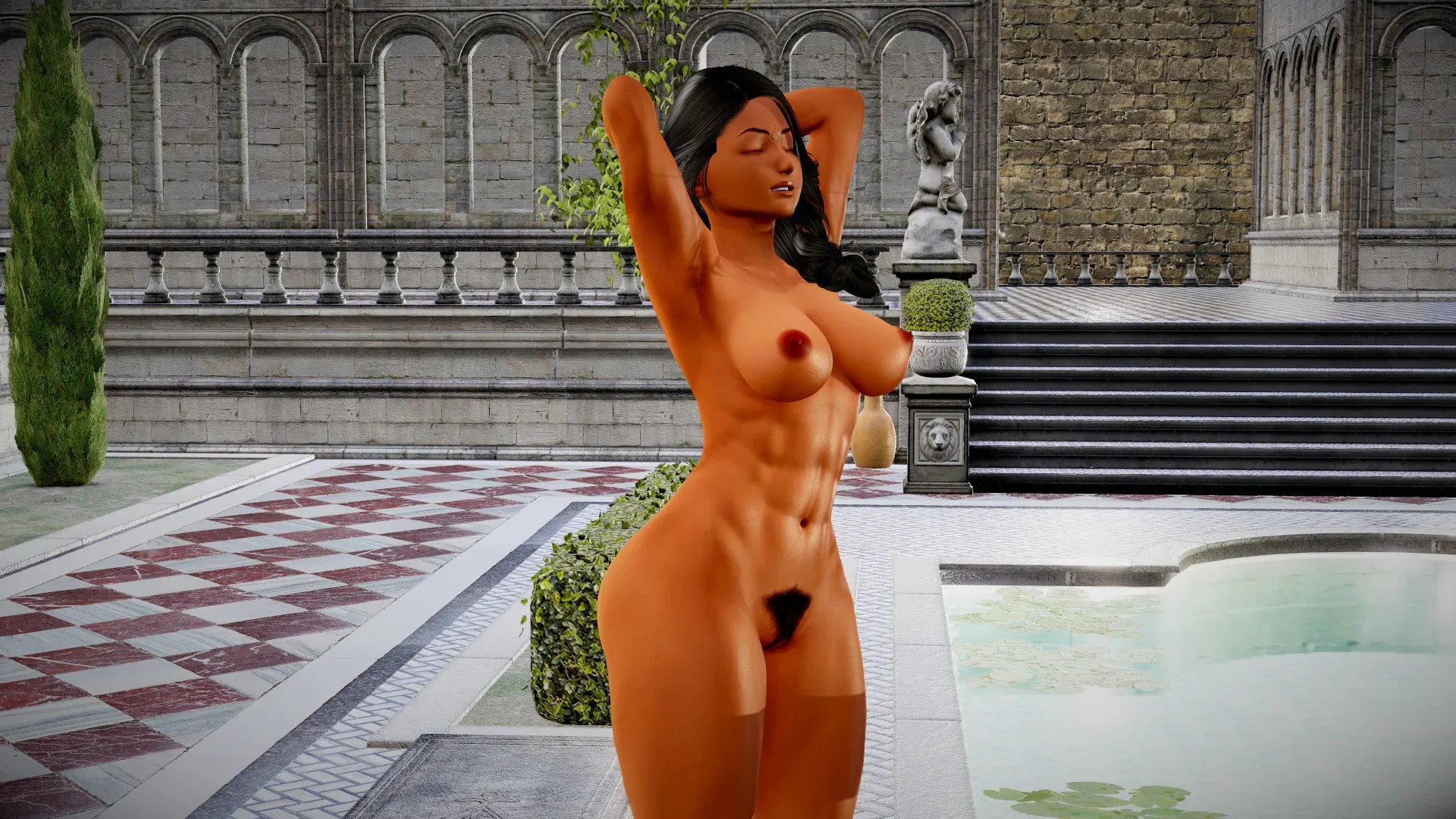
Demon Boy
Play Demon Boy
Demon Boy review
Explore the controversial world of Demon Boy, where power, corruption, and relationships collide in a mature visual novel
Demon Boy isn’t your typical adult visual novel. It’s a game that dives deep into themes of power, corruption, and the blurred lines between right and wrong, all wrapped in a dark coming-of-age story. You play as a young man living with his landlady, navigating school life, bullying, and the discovery of a mysterious book that changes everything. With its intricate narrative, strategic relationship mechanics, and high-quality character renders, Demon Boy stands out in the crowded field of mature games. In this review, I’ll walk you through what makes Demon Boy unique, how its systems work, and what you can expect from its controversial but compelling world.
Demon Boy Story and Setting: A Dark Coming-of-Age Tale
Let me tell you about the first time I truly felt the weight of a Demon Boy moral choice. I was playing late at night, completely immersed, and the game presented me with a seemingly simple decision: use my newfound powers to humiliate a bully publicly or take the higher road. My finger hovered over the mouse. The “good” choice felt unsatisfying, like I was letting the character walk all over me again. But the “dark” choice… it promised immediate, visceral satisfaction. I clicked it. And the consequences, which unfolded over the next hour of gameplay, were far more profound and disturbing than I ever imagined. That’s the magic of this game. ✨
This Demon Boy story isn’t your typical hero’s journey. It’s a raw, unflinching look at what happens when someone who has been kicked their entire life is suddenly handed the boot.
Who Is the Demon Boy? Meet the Protagonist and His World 🏙️
You play as a young man whose life is a study in quiet desperation. He’s the kid at school who is practically invisible, except when he’s being used as a verbal punching bag. He lives in a cramped, slightly dingy apartment, with a kind but often absent landlady being his only real human connection. The world feels grey, monotonous, and suffocating. This initial Demon Boy setting is crucially important—it’s the fertile ground where seeds of resentment and desperation are sown. You feel the weight of every dismissive glance and every whispered insult. It makes you want something to change, desperately.
And change it does. The catalyst is the discovery of a strange, ancient book hidden away in the attic. This isn’t just a plot device; it’s a Pandora’s Box. 📖 From the moment you crack it open, the ordinary world begins to warp. The Demon Boy story pivots from a slice-of-life drama to a supernatural thriller, introducing mechanics that allow you to manipulate people and environments. The game’s Demon Boy setting brilliantly blends the mundane with the mystical. Your school, your apartment, the local streets—they all become stages for your escalating experiments with power. The familiar becomes frightening, and the frightening becomes a tool.
Key Characters and Relationships: More Than Just Romance 💔
The heart of the Demon Boy story isn’t just the supernatural spectacle; it’s the people. The characters you meet are complex, flawed, and deeply intertwined with your journey. This isn’t a game about collecting romanceable NPCs; it’s about navigating a web of Demon Boy relationships that are as likely to lead to your salvation as they are to your damnation.
Your landlady, for instance, starts as a mere background figure. But through your choices, you can uncover a deep, poignant story about her own past regrets and loneliness. Do you use your powers to manipulate her for cheaper rent or a larger room? Or do you genuinely connect with her, building a fragile, maternal bond that could be a source of light in your darkening world? These Demon Boy relationships are the game’s true moral compass.
The bullies and popular kids at school are equally nuanced. They’re not just caricatures. One of them might be acting out due to immense pressure from their parents. Another might be secretly as insecure as you are. Your Demon Boy moral choices determine how you engage with them: do you seek brutal, supernatural revenge, or do you attempt to understand and even befriend them, breaking the cycle of abuse?
To help you keep track of the complex social web, here’s a breakdown of the key figures you’ll encounter:
| Character | Role in the Story | Relationship Dynamics |
|---|---|---|
| The Landlady | Guardian & Confidante | Can become a maternal figure or a victim of manipulation based on your choices regarding trust and honesty. |
| Alex (The Bully) | Primary Antagonist / Potential Ally | Your interactions define the cycle of violence. Choices range from brutal revenge to unexpected understanding. |
| Maya (The Popular Girl) | Social Gatekeeper / Rival | A complex relationship where you can use power to dominate, charm to befriend, or expose her hidden vulnerabilities. |
| The Voice (From the Book) | Supernatural Guide / Tempter | Your constant companion, urging you towards darker uses of power. Your resistance or acceptance shapes your path. |
Themes of Power, Corruption, and Choice ⚖️
This is where the Demon Boy story truly separates itself from lighter visual novels. The central Demon Boy themes are power, corruption, and the consequences of choice. The game asks a brutal question: If you were given the power to get everything you’ve ever wanted, how much of your soul would you trade for it?
The Demon Boy corruption mechanics are ingeniously woven into the narrative. It’s not a simple “good vs. evil” meter. Using your dark powers to solve problems is often the easiest, most immediately rewarding path. You get what you want—respect, fear, revenge. But each use leaves a stain. The game visually and narratively reflects this decay. The world might become more grotesque, your character’s inner monologue might grow more cynical, and your Demon Boy relationships might become more transactional and hollow. Resisting temptation is hard, thankless work, but it leads to a fundamentally different, and often more difficult, kind of strength.
Let me give you an example from my own playthrough that perfectly illustrates these Demon Boy moral choices:
I was being shaken down for lunch money by Alex for the umpteenth time. The game presented me with three options:
1. Comply (The Passive Path): Give him the money and endure the humiliation.
2. Stand Up (The Human Path): Try to talk him down, risking a physical beating.
3. Whisper a Curse (The Corrupt Path): Use a minor hex from the book to make him violently nauseous in front of everyone.I chose option three. The immediate payoff was incredible. Alex was humiliated, the other kids looked at me with a new, fearful respect, and I felt a surge of power. But later, I saw a scene I wasn’t supposed to: Alex at home, being berated by his father for “embarrassing the family.” The game didn’t excuse his bullying, but it gave it a context that made my cruel, supernatural retaliation feel grotesquely disproportionate. It was a pivotal moment that redefined the entire Demon Boy story for me—it’s not about who deserves what, but about what your actions turn you into.
The Demon Boy themes are mature, challenging, and deeply resonant. They explore how power can isolate you, how corruption can feel good before it feels wrong, and how the easiest choice is rarely the right one. The Demon Boy corruption mechanics ensure that your journey is uniquely yours, a direct reflection of your own temptations and resilience. This is a world where your decisions on Demon Boy relationships and Demon Boy moral choices don’t just lead to different endings; they define the very nature of the protagonist’s soul by the time the credits roll. If you’re ready for a story that doesn’t shy away from the dark, complicated corners of the human experience, then you’re ready for Demon Boy. 🎭 Just be prepared to look in the mirror when you’re done.
Demon Boy is a standout in the world of adult visual novels, offering a dark, story-driven experience where your choices truly matter. Its unique corruption mechanics, strategic relationship building, and high-quality visuals create an immersive, if controversial, adventure. While the game’s mature themes and lack of handholding may frustrate some, those who enjoy complex narratives and earned rewards will find much to appreciate. If you’re ready to explore a world where power, corruption, and relationships collide, Demon Boy is waiting—just remember, every choice has a consequence. Dive in, but choose wisely.

